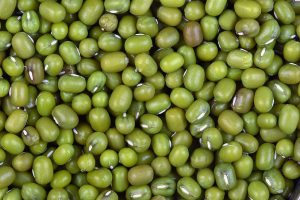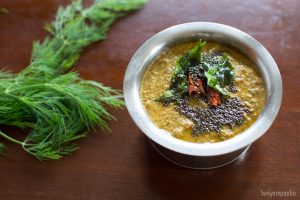Moong beans, also known as mung beans, are a nutrient-dense food that offers several health benefits. Here are some of the nutritional benefits of moong beans:
- Rich in protein: Moong beans are an excellent source of plant-based protein. One cup of cooked moong beans provides about 14 grams of protein, which is equivalent to the amount of protein in an egg.
- High in fiber: Moong beans are a good source of dietary fiber, with one cup of cooked moong beans providing about 15 grams of fiber. Fiber is important for digestive health and can help regulate blood sugar levels.
- Low in fat: Moong beans are low in fat, with less than one gram of fat per cup of cooked beans. This makes them a good choice for people who are watching their fat intake.
- Contains essential vitamins and minerals: Moong beans are rich in several essential vitamins and minerals, including folate, iron, magnesium, potassium, and vitamin B6. These nutrients play important roles in maintaining overall health and wellness.
- Low glycemic index: Moong beans have a low glycemic index, which means they are digested slowly and don’t cause a rapid increase in blood sugar levels. This makes them a good choice for people with diabetes or those who want to regulate their blood sugar levels.
Here are some of the common Indian names for moong beans:
- Hindi: मूंग दाल (Moong Dal)
- Bengali: মুগ ডাল (Mug Dal)
- Gujarati: મગ દાળ (Mag Dal)
- Kannada: ಹೆಸರು ಬೇಳೆ (Hesaru Bele)
- Malayalam: പയർ (Payar)
- Marathi: मुग डाळ (Mug Dal)
- Punjabi: ਮੂੰਗ ਦਾਲ (Moong Daal)
- Tamil: பச்சை பயறு (Pachai Payaru)
- Telugu: పెసరపప్పు (Pesara Pappu)
Overall, moong beans are a nutritious and versatile food that can be incorporated into a healthy and balanced diet.



